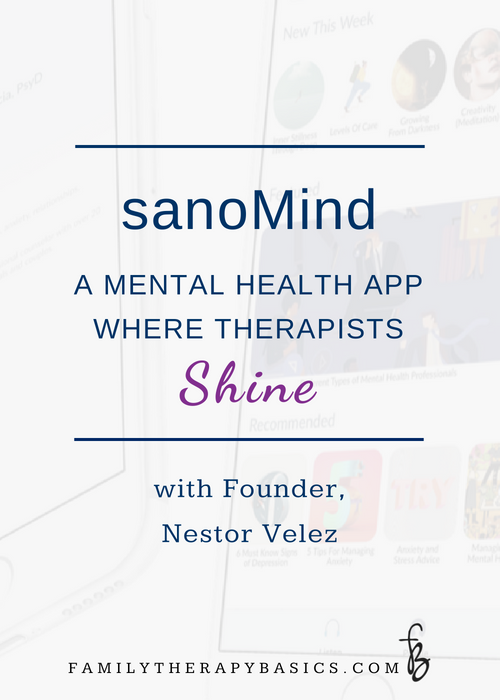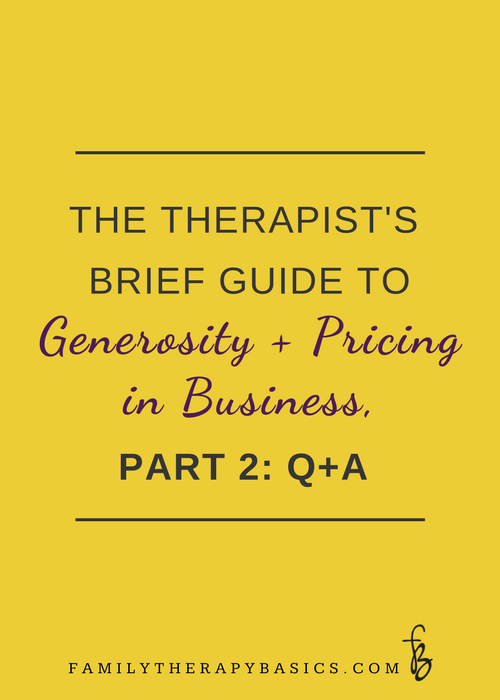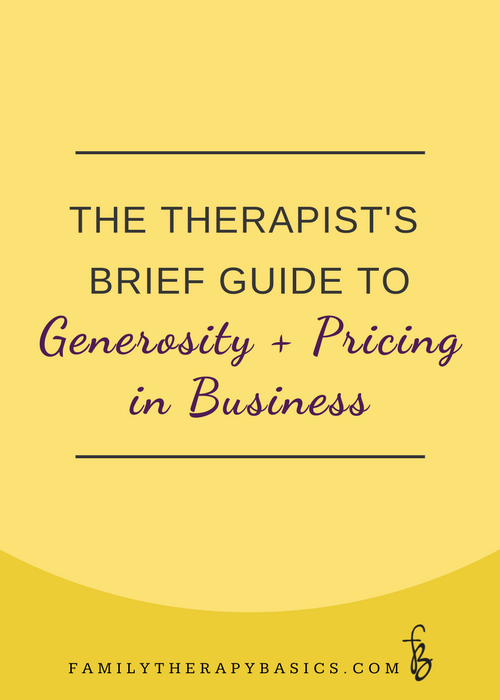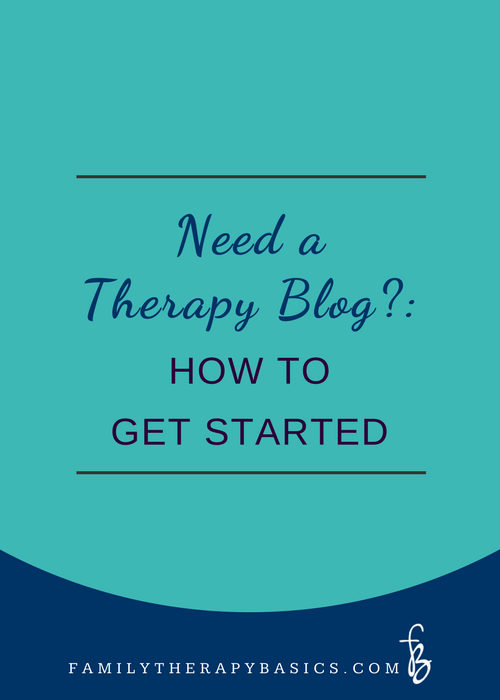A free challenge is a vehicle for sharing information in your area of expertise with people who want to learn from you. In this post, I cover the basics of a free challenge, and explain their potential for engaging new fans for your business and message.
The Basics
Free challenges have a specific topic and length, and followers receive information daily via email or social media. A free challenge is a popular and effective way for "meeting" and engaging with members of your target audience. If you'd like to reach your ideal clients online, then you may want to consider hosting a free challenge.
Ask yourself:
How can new follower engagement solidify my expertise?
How much impact can I have on the lives of potential challenge participants?
How might reaching new followers impact my social media presence, and as a result, my services and/or business?
If you see value in building community around your expertise and brand, then a free challenge is for you!
Here are a few examples of free challenges:
Simple Green Smoothies, The Simple 7 Experience
Nathalie Lussier, 30 Day List Building Challenge
Kristi Monks, 15 Day Challenge (a running and fitness challenge)
Jeff Goins’, My 500 Words: A Writing Challenge
From these examples, it's clear that challenges exist for many niches, and they can be designed based on your desired level of engagement and area of specialty.
The Components of a Challenge
1 | A topic, target audience, and length of time
A free challenge lasts for a specific amount of time, offers a "win" to your audience, and showcases your expertise. Free challenges typically range in length from 5 to 30 days. When designing a challenge, be specific about what you are offering as well as what participants will gain; for example:
7 Quick Dates in 7 Days (for couples): Offer daily ideas for couple connection
30 Day Quiet Mind Challenge (for people with anxiety): Provide daily journaling prompts for calming anxious thoughts.
5 Minutes of Luxury 14 Day Challenge (for moms): Give instructions for how to step away from the kids and enjoy a luxurious moment.
2 | A Delivery Method
A free challenge will help you grow your audience and online presence. For this reason, consider where you can best reach your ideal client, as well as the platform you most want to grow. Before choosing a delivery method, ask and answer:
Where does my target audience spend time online? Where are they likely to see my challenge invitations (Facebook, Instagram, Pinterest, etc.)? This will help you determine how to promote your challenge.
Where would more followers and engagement have the most impact for my business or endeavor? (Email, Facebook, Instagram, etc.)
Your ideal delivery platform will be the overlap of your answers to these two questions. Typically, a free challenge incorporates two delivery methods--email for written content as well as a social media platform. Presenting and expanding upon daily challenge information on video (via Facebook Live, for example) can increase engagement as well as give you an opportunity to interact with participants.
The best challenges engage followers in a variety of ways, by including them in a Facebook group dedicated to the free challenge, encouraging them to invite friends into the challenge (as a form of support), among additional ways of connecting with you (the leader) and other challenge participants (their community).
During my first Get Refreshed Challenge, a clinical director working overseas with refugees made my challenge a requirement for her entire clinical staff. I was honored! But, more importantly, she and her staff were able to discuss the challenge content daily, while doing incredible, but difficult work. This is an example of how your challenge can become a community event for participants.
Email List Building via a Free Challenge
If you're not already actively building an email list, a free challenge is a quick way to begin a list of your ideal customers, because it's irresistible--participants get access to great ideas and guidance for free. If you've been thinking about starting an email list, use a challenge to get started.
Of course, you don't need to build an email list to host a free challenge; you can simply deliver content in a Facebook group, or on Instagram as daily posts. However, why miss out on building a list? You'll be able to reach these ideal customers long after the challenge has ended, if you have their email addresses.
To this end, if you don't already have an email marketing system, such as Mailchimp, Constant Contact, or ConvertKit, sign up for one. Most systems have a free level you can use as you begin building a list.
How a Challenge Can Lead to More Clients
By hosting a free challenge, your online presence will expand, and as a result:
you’ll reach people you most likely would not have reached without the challenge, so your potential client base will increase.
you'll engage new followers and, as a result, have a larger ongoing audience with whom to share your expertise
followers will understand your expertise by consistent exposure to your message, and they’ll be more likely to reach out to you personally
Potential clients must interact with you on a regular basis before they become customers. The more they understand and appreciate what you have to offer, the more likely it is they will become therapy clients.
The Anatomy of a Free Challenge
Here's a brief summary of the components of a challenge to help you design your free challenge:
Choose a target audience, length of time, and topic for your challenge
Write all of the challenge content, organized into daily segments
Decide on your delivery methods as well as the specific time of day you'll engage on each platform (email, Facebook Live, etc.)
Create a sign-up form or link via an email marketing system, or ask for email addresses on social media.
Post the link to the sign up on social media profiles and posts; promote the challenge on your website
Automate a welcome email to be delivered immediately after participants sign up for the challenge. Include instructions on what you will be providing and when, the purpose and takeaways of the challenge, as well as how participants can engage with you and the challenge community, daily.
Deliver content at the same time every day
During the challenge, interact and engage with participants as much as possible
Follow up at the end of the challenge by asking for feedback, or including a call to action (e.g., inviting participants to follow you elsewhere, subscribe to your blog, join your Facebook group, etc.)
Let's Chat
Interested in designing a challenge?













